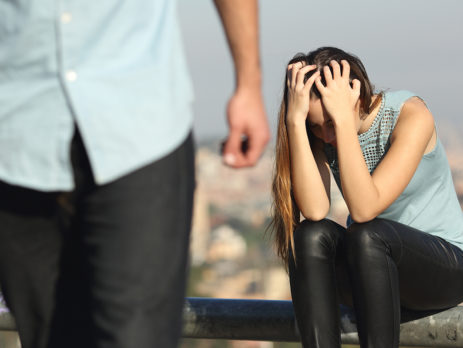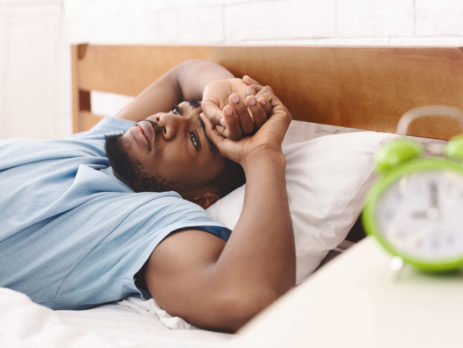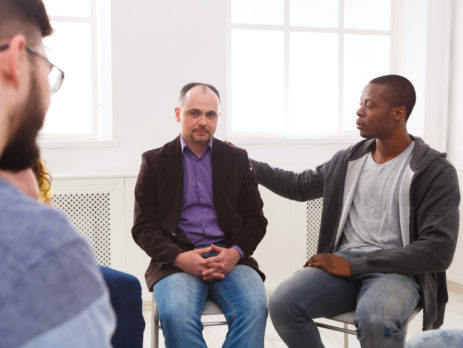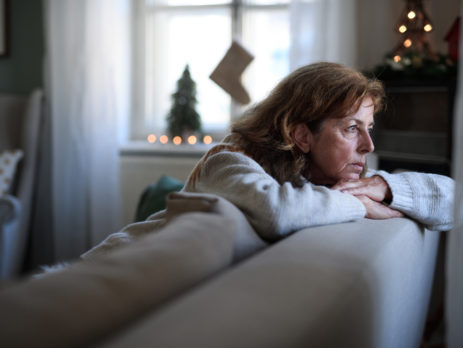What Depression Looks Like
Depression does not discriminate. As the world’s leading cause of disability, this condition can affect people from all backgrounds and belief systems. Despite depression’s prevalence, the struggles it creates can manifest differently for various people. That’s one reason for the many misconceptions surrounding this mental health issue, which may...















